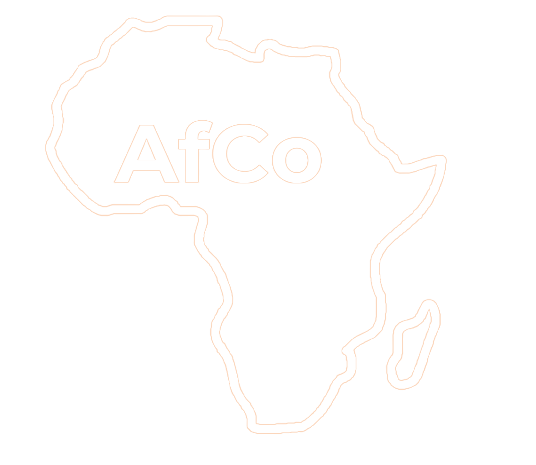The outbreak of violence as a sign of the perversion of the political system: From episodic to chronic violence in pluralist democracies
By Slobodan Milacic
English
Violence is erupting all over the world, with dramatic consequences for the political systems of both the “collective West” and the “Global South”, as well as those of the African continent, whose primary mission is social peace. The phenomenon of violence seems to be undermining pluralist democracies in particular, which are in situations of near-continual crisis—albeit not all at the same time, but rather alternately or successively—without seeming to threaten the system as a whole. Yet it is precisely these structural imbalances and their harmful dynamics that lend gravity to the problem in the long run. The democracies most at risk are those “in transition” and the “historical or even post-modern democracies” in question.
The current political system, including its constitutional component, does not appear capable of effectively limiting the violence that is structurally on the rise. Violence is now a constant fixture in political and institutional life and decision-making. Societies cannot sustainably survive with the chaos of violence, whether “wild” or otherwise, without an organizational system to help govern it.
This aspect of the “acceleration of history,” which its attendant existential threats, needs to be addressed.
